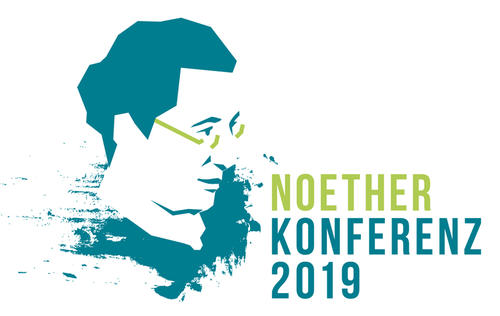Emmy Noether’s Contribution to the Rise of the Structural Approach in Algebra
Prof. Dr. Leo Corry
This talk is devoted to describing the background to Emmy Noether’s contribution to the rise and consolidation of the “structural” approach in algebra. In this approach, algebra is seen as a discipline aimed at exploring and characterizing, from a unified perspective, the properties of a series of closely interrelated mathematical systems (groups, rings, fields, etc.), which are best defined and understood in abstract terms as sets devoted with operations that fulfill certain general properties.
Noether’s work on factorization properties of ideals in abstract rigs, beginning in 1921, marks a turning point in the history of mathematics, because of its influence on shaping this view and in displaying its power. The spread of this view and its tremendous impact on mathematics at large over the 20th century came through the mediation of a famous textbook, Moderne Algebra, published in 1930 by Bartel L. van der Waerden under the decisive influence of Noether’s lectures in Göttingen (as well as of Emil Artin’s courses in Hamburg).
In the talk, I will address some crucial historical issues that pertain to the interrelation between Noether’s ideas and those of mathematicians who preceded her and paved the way to her achievements: Richard Dedekind, David Hilbert, Ernst Steinitz, and others. For instance: What decisive ideas were already present in their works and to what extent did Noether’s work actually contribute to shaping what may be seen as a truly innovative view of the discipline of algebra at large? How exactly can Noether’s work be understood as relying on the existing tradition while at the same time opening ways to a new mathematical world?
